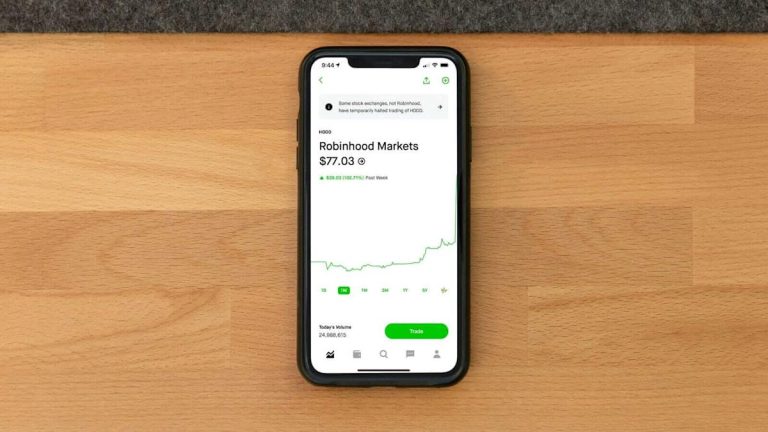A new report finds that Detroit’s Big Three are actually the most exposed to President Trump’s 25% auto tariffs on foreign-made cars.
Auto data firm JATO Dynamics reports that General Motors (GM), Stellantis (STLA), and Ford (F) together sold 1.85 million imported vehicles in the US in 2024 — originating from Mexico, Canada, and China. That accounted for 12.6% of their global total sales.
In comparison, Toyota (TM), Honda (HMC), and Nissan (7201.T), the three largest Japanese brands, sold 1.53 million imported vehicles in the US market, equating to only 8.5% of their global sales. Same for Germany’s Big Three: Volkswagen Group (VOW3.DE), BMW Group (BMW.DE), and Mercedes Benz (MBG.DE). Only 6.9% of their combined global total were imports sold in the US.
Bottom line? America’s Big Three automakers are, ironically, the most hurt by Trump’s auto import tariffs.
The Big Three automakers, especially Ford and GM, are most levered to the US market in terms of sales. The large Japanese and German brands sell over the globe in addition to their domestic markets. That means import restrictions in some of their markets don’t hurt overall sales as much.
The other big factor for some of these foreign automakers is that they build domestically in the US. And that means those companies don’t have to import so many vehicles. For example, Mercedes and BMW build a large amount of vehicles in the US for domestic sales at plants in Alabama and South Carolina, respectively.
Nevertheless, any form of tariffs or trade restrictions is a huge problem for all multinational corporations that build across the globe and utilize complex supply chain networks. In fact, more tariffs will be levied on auto parts starting on May 3.
“The rollout of these tariffs is yet another problem for the industry to navigate,” said Felipe Munoz, JATO analyst, in the report. “The US is the world’s second-largest vehicle market, and it will now be more difficult than ever for the vast majority of non-Chinese automakers around the world to trade.”
GM F STLA
JATO says that foreign automakers, despite less exposure to US tariffs due to larger global footprints, will still seek to “hold a presence” in the US, a valuable auto market.
And if the tariffs last longer than most expect, the foreign manufacturers don’t have many options.
“Alongside Volkswagen, it is likely that Volvo, Hyundai-Kia, Mercedes, BMW, Stellantis, Toyota, Nissan, Subaru, and General Motors will need to increase their production footprint in the US in the near future,” Munoz said, which generally is a costly endeavor that could take years to accomplish.






